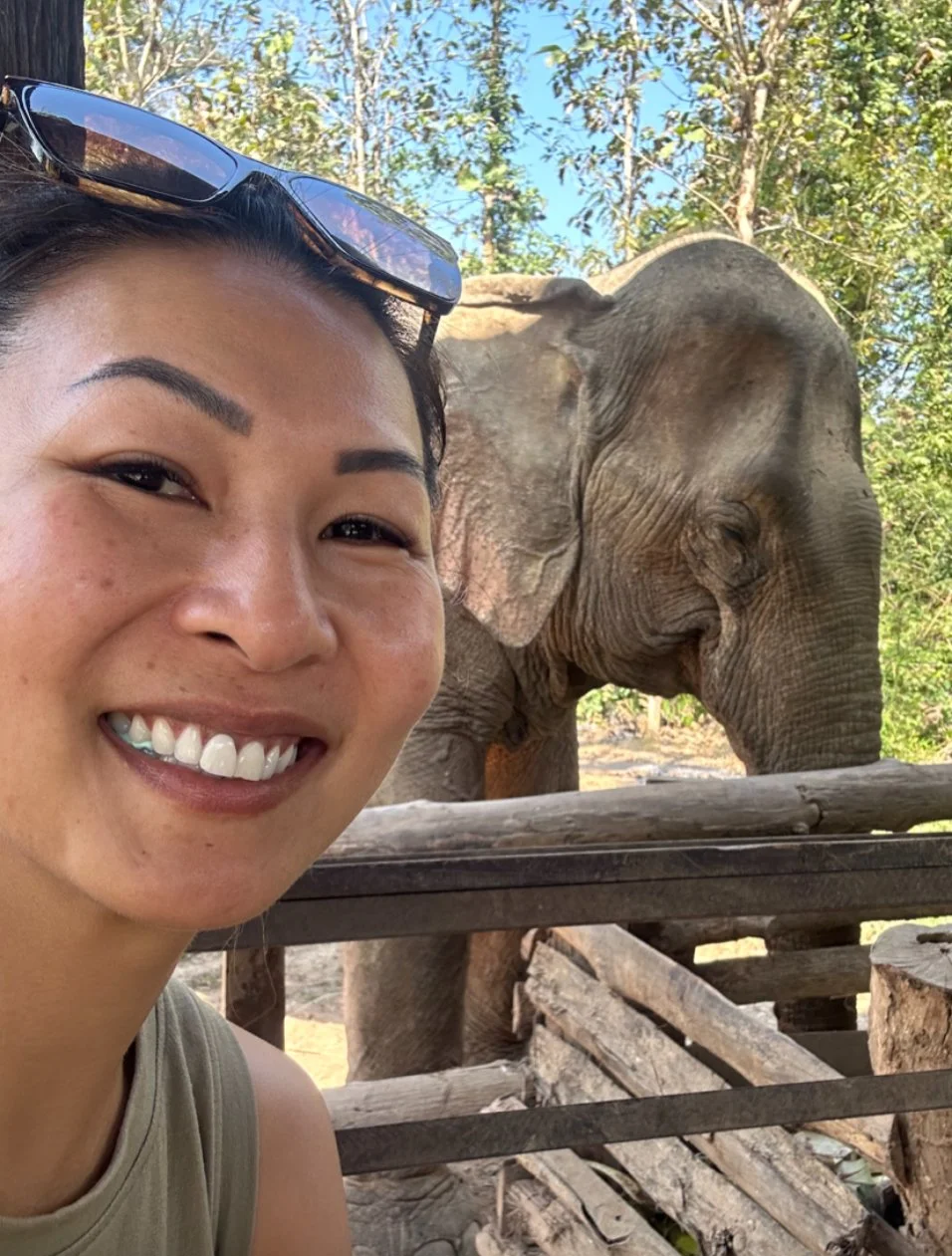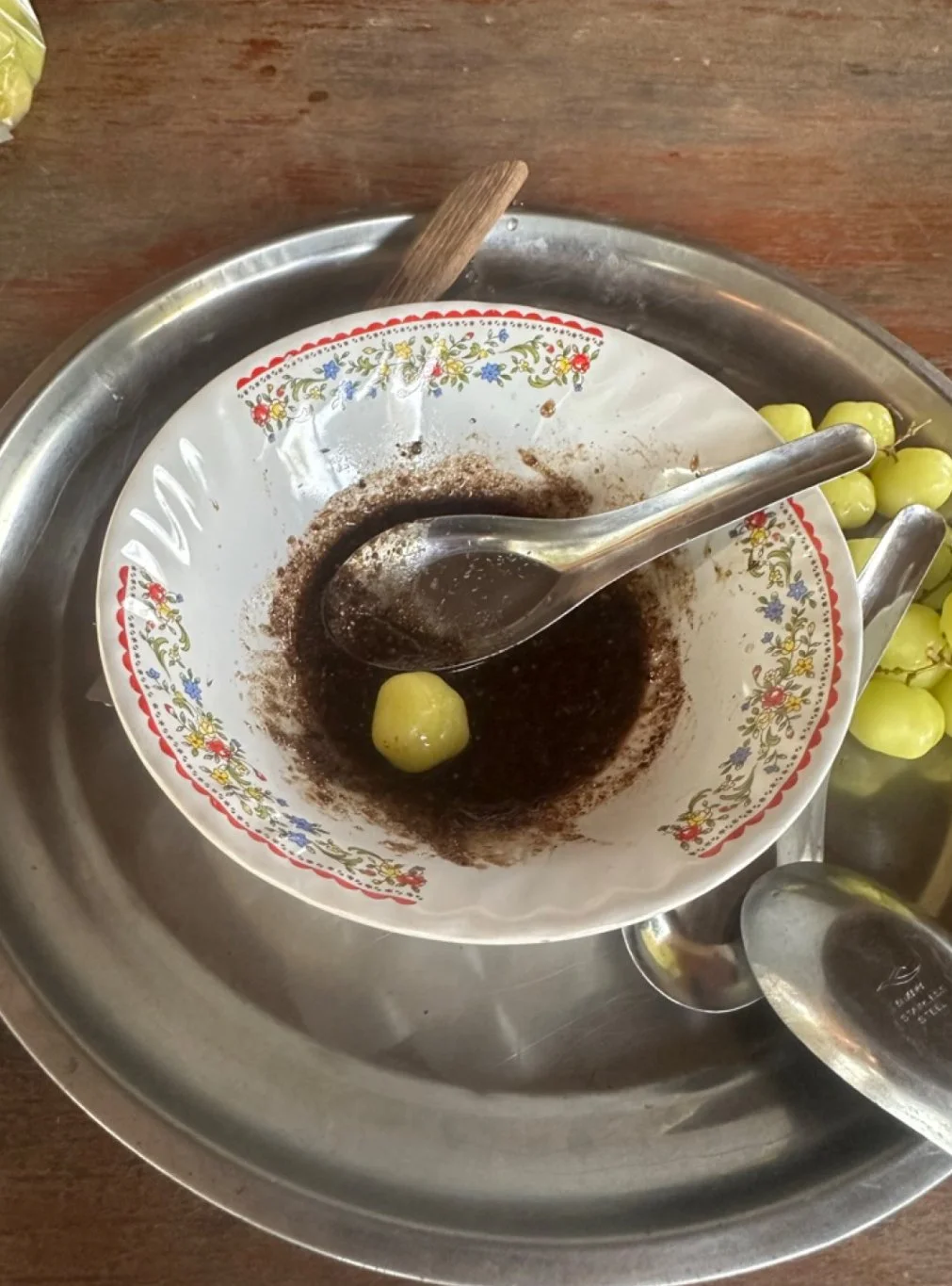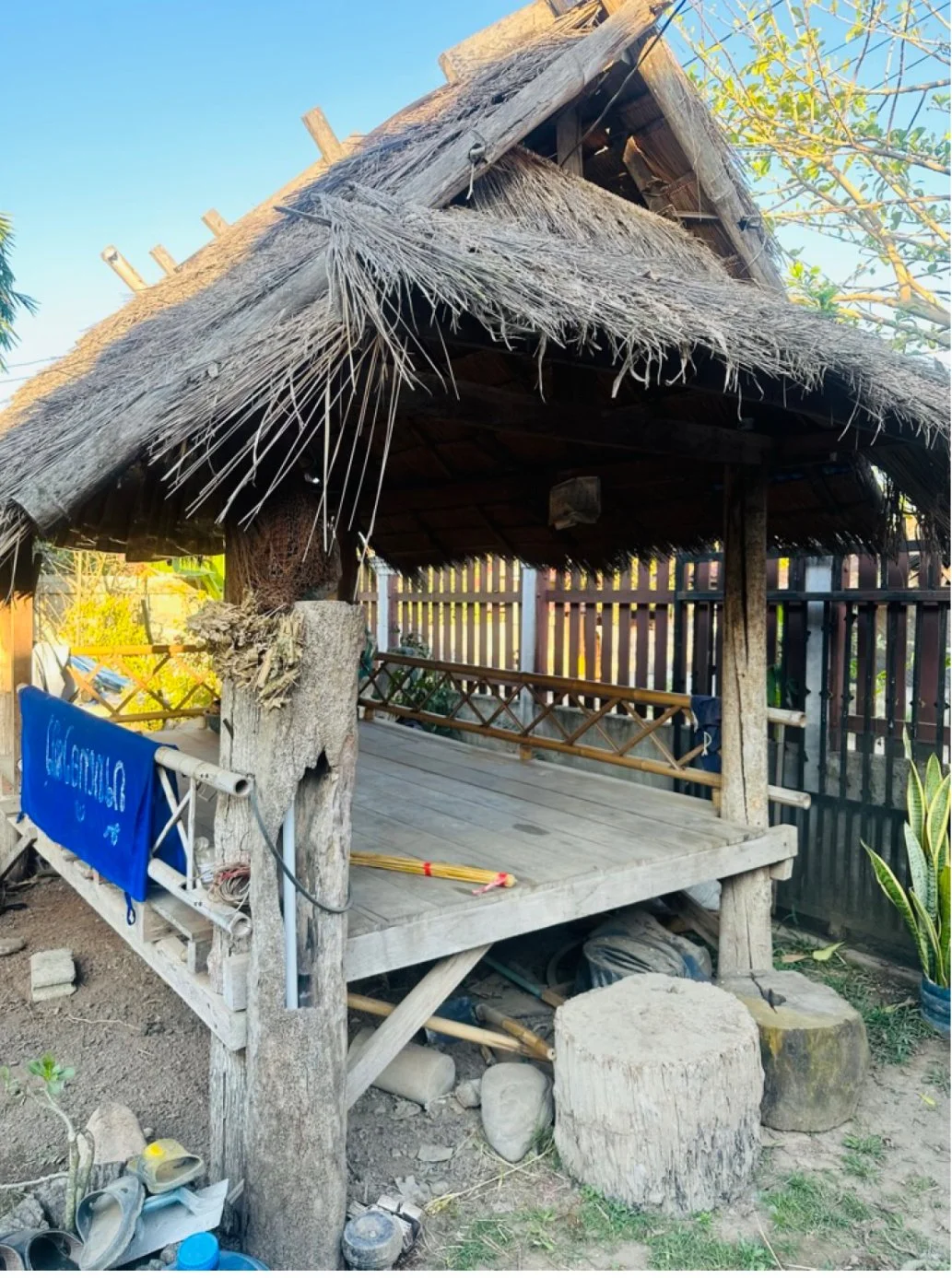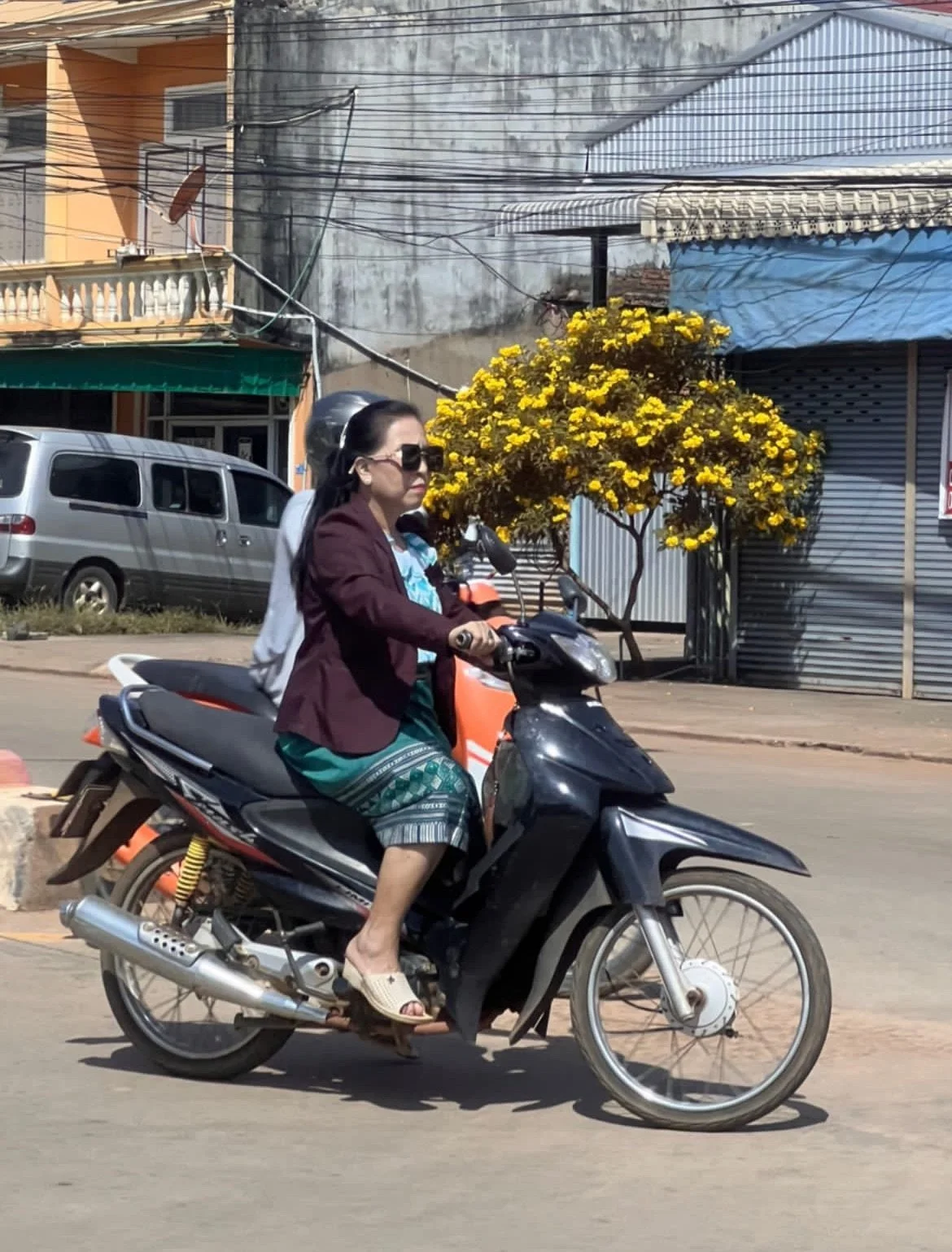“I’m Sunisa Nuonsy (she/her), though many know me as Nisa or noi-noi. I’m 40 years old and currently live in Brooklyn, New York. I was born “in the camps” in Soun Napho, Nakhon Phanom, Thailand; an area considered Isaan, just across the river from Thakhek, Khammouane, Laos. My family was resettled in Danbury, Connecticut, before moving to Binghamton, New York, where I grew up. I also spent nine years in Sacramento, California, before returning to the East Coast to earn my master’s and begin teaching high school in New York City.”
I’ve always been an educator, in many ways by necessity. Growing up, my English skills made me the family translator, administrator, and tutor, like so many children of immigrants.”
“Navigating this “third culture” space was rooted in fear of not belonging, especially as I watched my aunts and uncles struggle to stay in school after resettlement.”
“Those early experiences became the driving force behind my teaching career. I taught high school English for ten years to multilingual immigrant-origin students, ...”
“…and today I’m a PhD candidate in Urban Education. My dissertation centers justice, the Lao concept of ໃຈ (jai), and the intergenerational language practices of Lao diaspora refugee women.”
“Identity has always been complicated. As a child, I was curious about Laos, searching for information wherever I could find it, until I realized how little was accessible beyond basic geography.”
“ In xenophobic spaces, it felt safer not to explore. Yet, when I returned to Laos for the first time in 2017, I recognized the sounds, smells, and tastes immediately. My family and the diaspora had preserved so much for us 1.5 and 2nd generation kids. “
“Still, I long for deeper, more embodied connections: thinking in Lao, feeling in Lao. My advice to others navigating this space is to embrace the
in-between, while also making the journey
back to the land
and the people.”
“Here in New York,
I stay connected to community through LAONYC, a small but growing circle of
Lao peers.
I also founded LAOboratory, a hybrid community space for
Lao womxn. “
“Together, we play, create, rest, and support one another. We’ve hosted retreats, workshops, podcasts, giveaways, and collaborations—a holistic educational space centering the knowledge and well-being of Lao diaspora womxn.”
“Growing up as a
‘forever foreigner’ in America, I often wished people wouldn’t ask about my ethnicity at all. That shame was real, and rooted in deep structures. Over time, though, I’ve come to see how essential it is to assert my Lao identity in authentic ways.“
“Whether it’s situating my family’s refugee story when teaching about immigration, contrasting other languages with Lao in my phonology class, or working to decolonize education by centering our diaspora’s practices, I carry Laos with me.”
“Spiritually, I connect most through conversations with ancestors, especially my grandma. Lighting incense, praying, journaling, or meditating are moments to be in dialogue with them. While I’m not active in a Lao temple here, I always make a point to visit temples in Laos and Thailand.”
“As I think about legacy, I hope for a future where Lao history is fully included within ethnic and Southeast Asian studies. Too often, the stories told abroad diverge from those told within Laos itself. Bridging this gap, with care for still-fresh wounds, can open pathways toward reconciliation and healing.”
“The values I hold closest are rooted in sabai—sabai jai, tham sabai, sabai sabai. I’m not interested in the rat race or material wealth. Instead, I’ve learned to move slowly, “at the speed of trust,” and to unlearn American ideals of competition and exploitation. After forty years in the U.S., three degrees, and decades of reflection, what I want most is simply to continue relearning Lao.”
“I am proud to be Lao because of our history of resistance, anti-imperialism, and socialism, and because our civilization has endured for centuries. Reframing Laos not as an object of pity but as a site of resilience and brilliance shapes how I see myself and my people.”
“Our language and culture hold immense wealth, far beyond what the Western gaze imagines.”
“For me, success has never been about money. My visits to Laos and the Global South remind me that peace, both personal and communal, matters just as much.”
“That truth keeps me grounded in my work of affirming the beauty and value of our people, dismantling fantasies of Western superiority, and embracing what it means to be Lao, fully, proudly, and with sabai in my heart.”


















